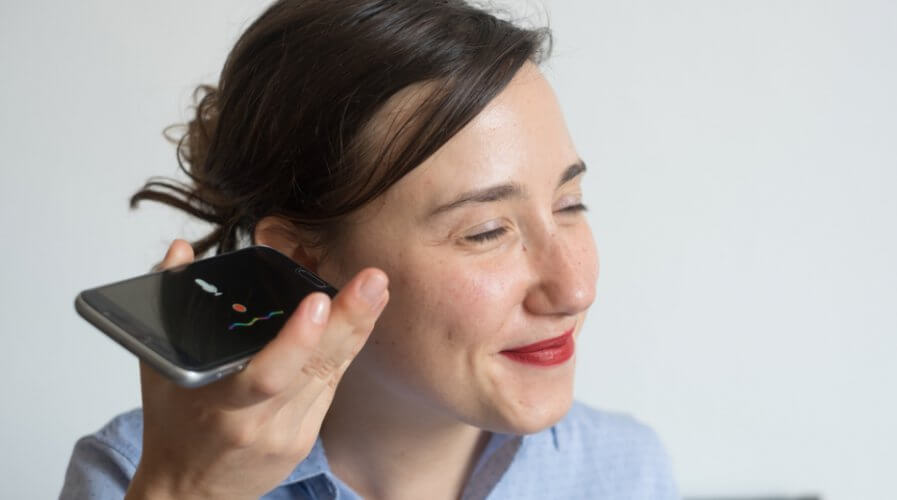
Bixby 2.0 was announced at the Samsung DevCon, as was a range of IoT technologies. Source: Shutterstock
Bixby 2.0 is head of the new Samsung IoT family
SAMSUNG’S own voice-controlled virtual assistant is into its second iteration, as announced at the company’s annual developer conference yesterday.
Reports from last week leaked the announcement, so it came as no surprise to the assembled developers and industry figures that they were presented with Bixby 2.0.
While Bixby 2.0 won’t be different on the surface from version 1.0 , the company hopes that those using it will notice that the software is more intelligent and more powerful.
A key part of the update is the opening of the Bixby SDK to the dev community, allowing the voice assistant’s inclusion in third-party apps.
Initially, the SDK is only available to those taking part in a private beta program. A public release is expected in time – though details were not specified.
Samsung’s Vice President and Head of Service Intelligence of Mobile Communications, Eui-Suk Chung said:
“We know Samsung cannot deliver on this paradigm shift by ourselves – it can only happen if we all, across all industries, work together, in partnership. With Bixby 2.0, the doors will be wide open for developers to choose and model how users interact with Bixby in their services across all application domains e.g., sports, food, entertainment, or travel – the opportunities are truly endless.”
Apart from the assistant’s presence on the latest Samsung phones and tablets such as the S8 and Note 8, Bixby will also start to appear in refrigerators, audio speakers, TVs, vehicles and various domestic and business appliances made by the global giant.
Samsung is bringing its Bixby digital assistant to fridges. Does this mean my fridge will have a button I keep accidentally hitting?
— Tom Warren (@tomwarren) October 18, 2017
Bixby will be part of a technology that unites the various Samsung-badged Internet of things (IoT) services, which have in the past been something of a muddle – ARTIK, SamsungConnect, SmartThings and so forth. The new unifying tech is called SmartThings Cloud, which developers hope is not just a rebrand of an existing product.
Another announcement – Project Ambience – purports to make dumb appliances smart by addition of a dongle or chip. Appliances thusly upgraded will be able to join the Samsung IoT as seamlessly as newer devices, the Korean giant claimed.

Like the company’s IoT announcements, the voice assistant’s new capabilities are not ground-breaking, but they can only be an improvement on the frankly awful S Voice, which was replaced by Bixby 1.0, which in turn also failed to impress many critics on release – especially when the dedicated Bixby button did precisely nothing on phones released in the USA and UK due to the lack of an English language version of Bixby.
Bixby 2.0’s capabilities are said to be improved (and include English), and Bixby will be able to discern individual family members, for instance, and tailor its reactions and responses appropriately.
Improvements to Bixby 2.0 may be born out of Samsung’s acquisition of Viv, the company that’s behind Apple’s Siri.
Samsung is the world’s biggest single supplier of smartphones with a 32 percent share of the world’s handsets. Its late arrival at the voice assistant party may be made up for by its market weight – but as Samsung is not releasing many details backing up its announcements as yet, we will have to wait and see.
READ MORE
- How Japan balances AI-driven opportunities with cybersecurity needs
- Google parent Alphabet eyes HubSpot: A potential acquisition shaping the future of CRM
- Microsoft splits Teams from Office Suite; who benefits?
- Intel reinvents in semiconductor industry amid US$7 billion loss
- Unveiling the reality of incognito mode from Google and online privacy


